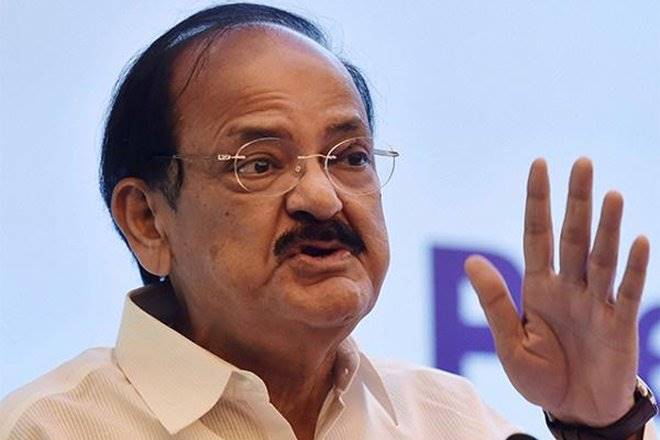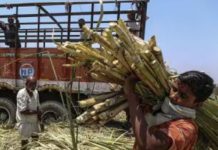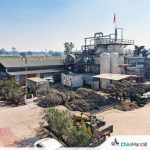Vice-president Venkiah Naidu on Friday emphasised the need of increasing the income of the farming community and said loan waivers can’t be a permanent solution. “In the long term, loan waiver will affect the agriculture sector and hurt farmers. As huge population is dependent on agriculture for livelihood, increasing the income and purchasing power of this group is extremely important,” Naidu said. The vice-president was speaking at the national consultation on ‘Making Agriculture Sustainable and Profitable’ in Pune.
According to Naidu, the major challenge is to make agriculture economically viable. “The solution lies in identifying the gaps in policy formulation. We should make our policies more pro-farmer. Secondly, we should streamline implementation processes keeping the end consumer – the farmer – in mind. Another important aspect is to encourage farmers to take up allied activities such as poultry, dairy, fisheries and aquaculture which can not only enhance income, but also cushion them against the adverse impact of failed crop season.
“Selling agricultural produce and getting a fair return is a big challenge for most farmers. Farmers still rely on local markets and have to resort very often to distress sale. Reliable, real-time information is the key. E-NAM implementation needs to be further streamlined. The APMC Act needs to be amended by introducing single-point levy of market fee across a state and a unified single trading licence,” he said.
Naidu said farmers must be enabled to export their produces for getting better returns. “In many of our policies, consumers are given more importance because of their large number, but farmers’ concerns should not be ignored.” Naidu said farmers must be enabled to export their produces for getting better returns. “In many of our policies, consumers are given more importance because of their large number, but farmers’ concerns should not be ignored.”
According to him, a major shift is required in Indian agriculture, moving it from a low-productivity stage to a high-productive level, and at the same time ensure that it is sustainable and equitable. “…diversification of crops must be promoted. Farmers should be encouraged to cultivate high value crops like fruits, vegetables, condiments, pulses, spices and sugarcane.” “Along with increased production, we need efficient distribution of food grains. Only then can we move our country forward to achieve the goal of zero hunger and adequate nutrition for all,” Naidu said.
“The challenges today are mainly two. The first is to make agriculture sustainable through a judicious use of scarce resources like water and electricity as well as protect the soil by avoiding indiscriminate use of chemical fertilisers and pesticides. The second is to make agriculture more profitable so that existing farmers lead a better quality of life and more young people get attracted to this profession,” he pointed out.
Water scarcity and falling water tables have been a key concern in recent years, the vice-president said. “NITI Aayog’s recent analysis of water use and ranking of the states on a composite water management index (CWMI) highlight the need to adopt agricultural practices that make optimum use of water. Although successive governments have accorded priority to agriculture, the sector continues to face problems. It is time for all of us to get our act together. Parliament, political parties, press and policy makers should focus on an integrated approach to agriculture,” he said.
“We cannot be complacent about the food security situation as it exists today. The growing needs of our country’s increasing population require our own home-grown food security strategy as suggested by the father of Green Revolution, MS Swaminathan,” Naidu said. “Firstly, the four ‘I’s i.e. irrigation, infrastructure, investment and insurance sector need to be strengthened for development of the farm sector. Second, lab-to-land transfer of technologies needs to be enhanced. Third, strengthening of marketing systems is the need of the hour. Given the small size of land holdings, it is imperative that we should enhance our productivity and focus on “intensification,” Naidu said.
Increased productivity is possible if farmers have greater access to knowledge, technology and credit, he said, adding that “diversification of crops must be promoted. Farmers should be encouraged to cultivate high value crops like fruits, vegetables, condiments, pulses, spices and sugarcane. Along with increased production, we need efficient distribution of food grains. Only then we can move our country forward to achieve the goal of zero hunger and adequate nutrition for all”.

















